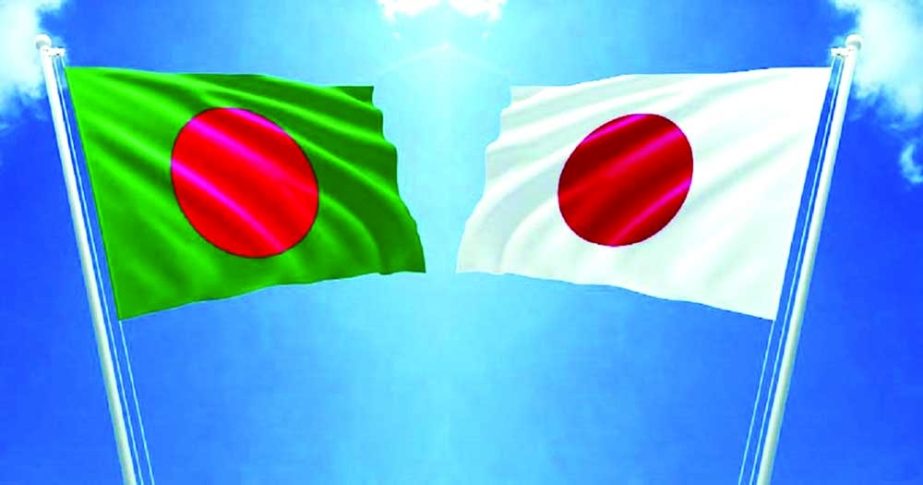
Economic Reporter :
Professor Shibli Rubayat-Ul-Islam, chairman of the Bangladesh Securities and Exchange Commission (BSEC), urged Japanese investors to invest in Bangladesh as a foreign direct investment (FDI) and portfolio in the stock market.
On Tuesday, he made the remarks at a seminar titled “Capital Market Investment Opportunities for Japanese Investors in Bangladesh” – a joint program of the Japan External Trade Organisation (Jetro) with Eastern Bank Limited (EBL) and Dhaka Stock Exchange (DSE).
Professor Shibli Rubayat-Ul-Islam said, “We want FDI from our Japanese friends. I also look forward to investing in a portfolio because the possibility of making a profit from here is very high”.
Describing Japan as Bangladesh’s best and most loyal friend, the BSEC chairman said, “When Bangladesh was born in 1971, it was one of the poorest countries.”
“After 50 years, we stand 43rd out of 200 countries in terms of GDP. I want us to be in the top 20 countries by 2030,” he added.
Ito Naoki, the Japanese ambassador to Bangladesh who was present as a special guest said Japanese businessmen should be informed about the way the business environment in Bangladesh is developing.
In this case, it would be good if the Japanese who are doing business in Bangladesh can share their experiences, he added.
Dhaka bourse’s Chairman Yunusur Rahman said “Japan has always been a friend of Bangladesh. I am expecting investment, not grants from friendly countries for the development of Bangladesh.”
Tariq Amin Bhuiyan, DSE managing director, said Bangladesh’s stock market is largely dependent on the equity market. But now there is an attempt to bring new trend investment products. At present, the market capitalisation is 20% of GDP. It has the potential to become 100%.
He said Japan is the largest export market for Bangladesh in Asia. Over the last 10 years, the export figures have doubled and reached $1.2 billion. The main export items are textile, ready-made garments, and leather products.
Bangladesh has the most competitive wage among the Asia and Oceania countries. This is the time for Japanese companies to expand in Bangladesh and procure from local sources, he added.
Yuji Ando, the country head of Jetro, said the profits of Japanese companies are increasing in Bangladesh. Japanese businessmen think that their profit will increase further in the future. Although labour wages have increased, they are still in a competitive position compared to competing countries.
However, in the case of business, it is more important to import raw materials. If raw materials could be bought from within Bangladesh, business opportunities would increase. Ali Reza Iftekhar, managing director of EBL, also presented their banking services.

